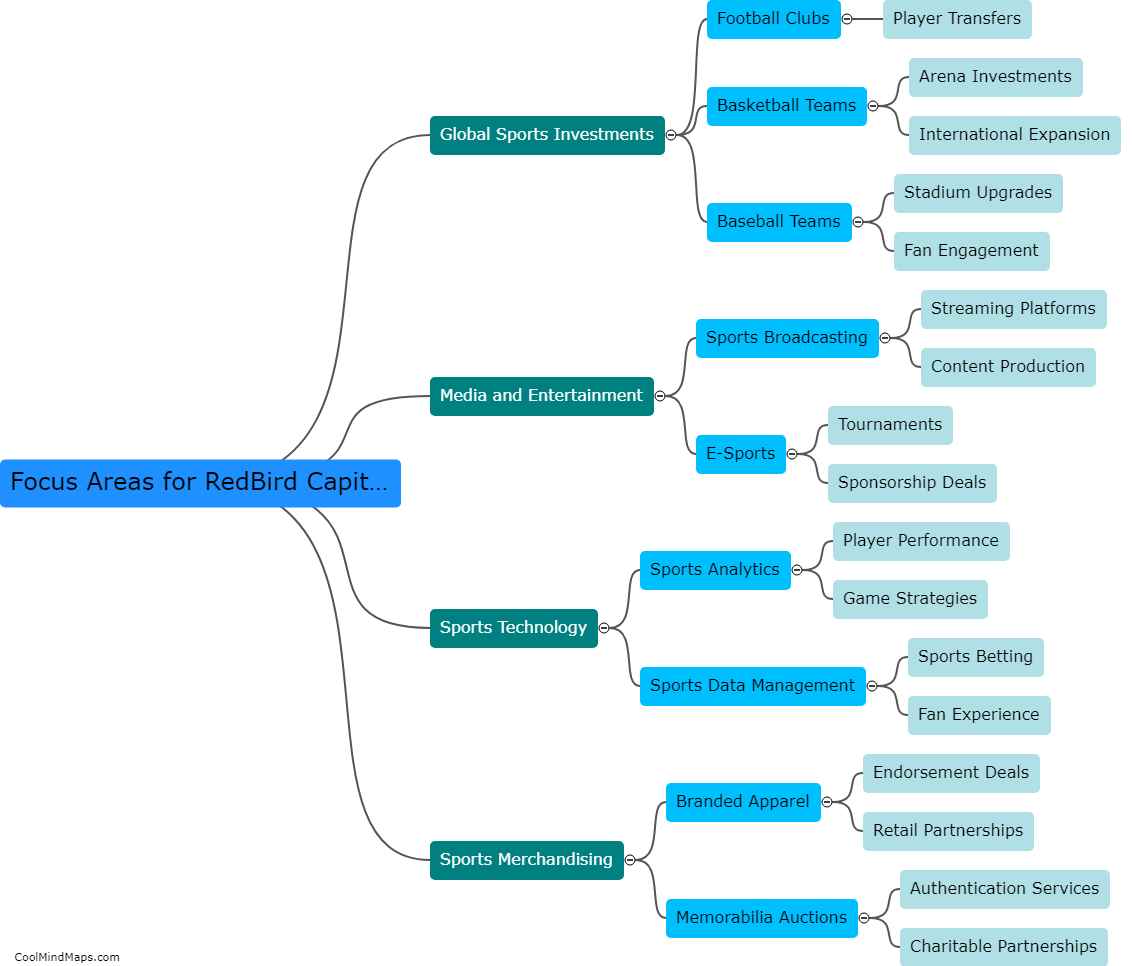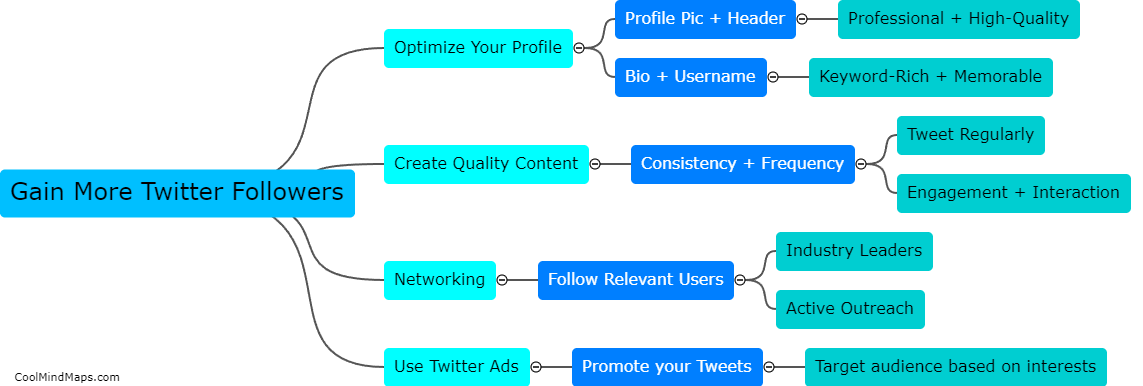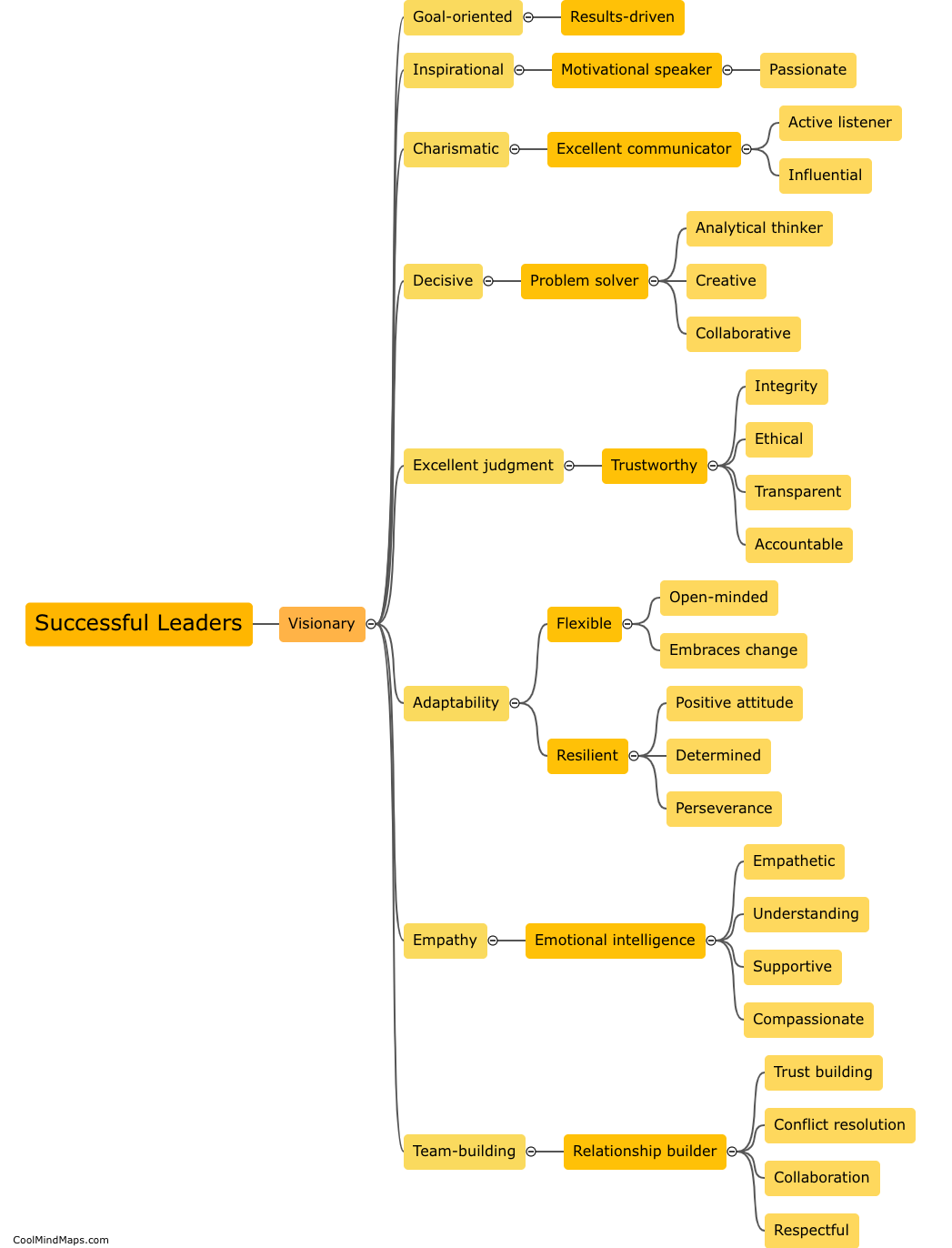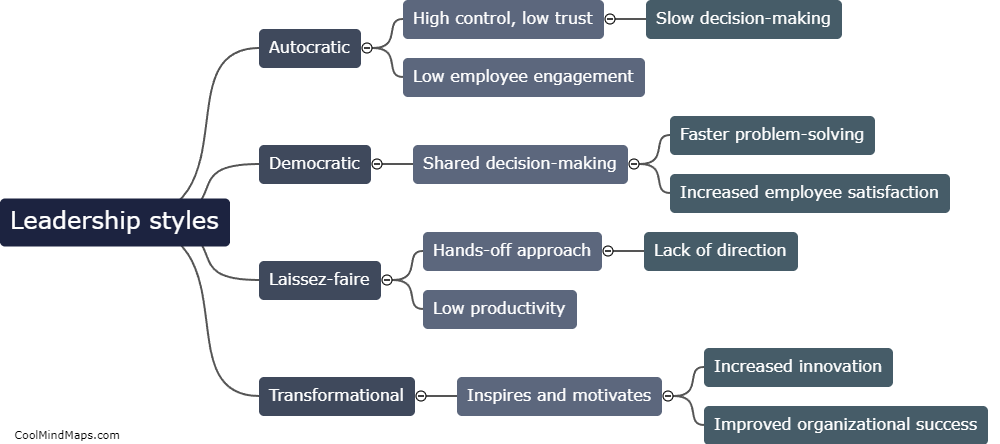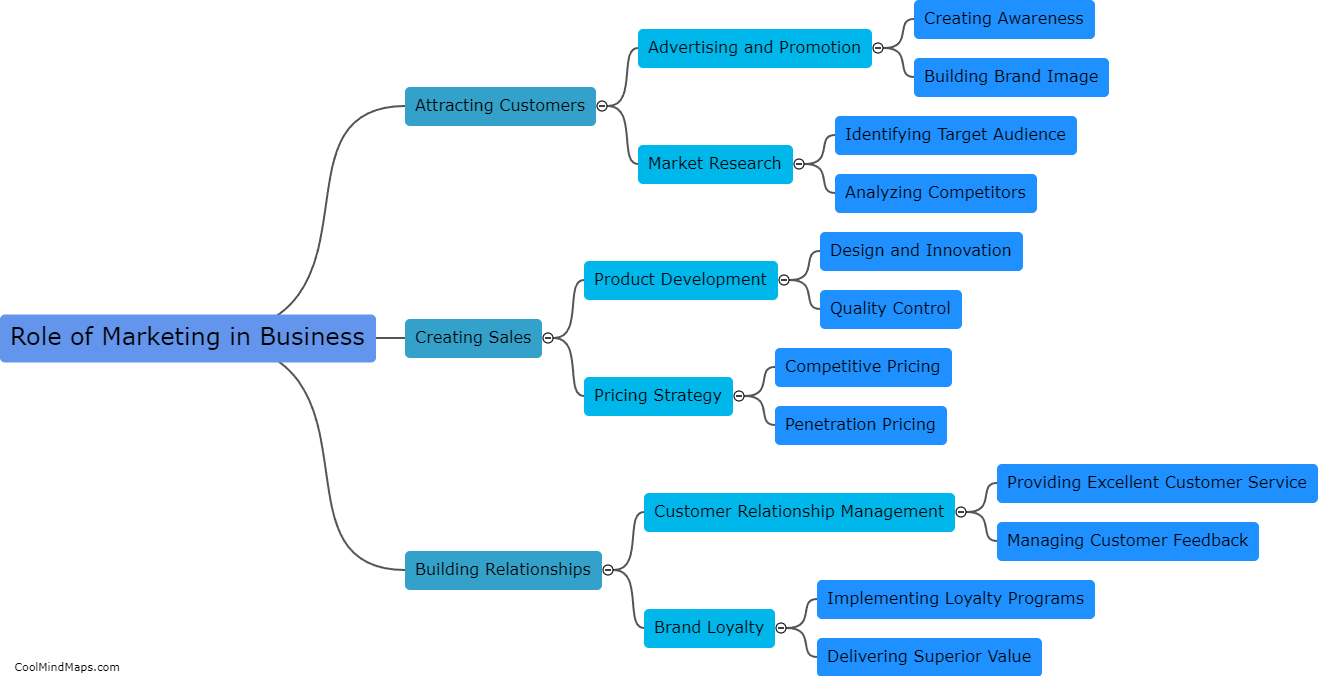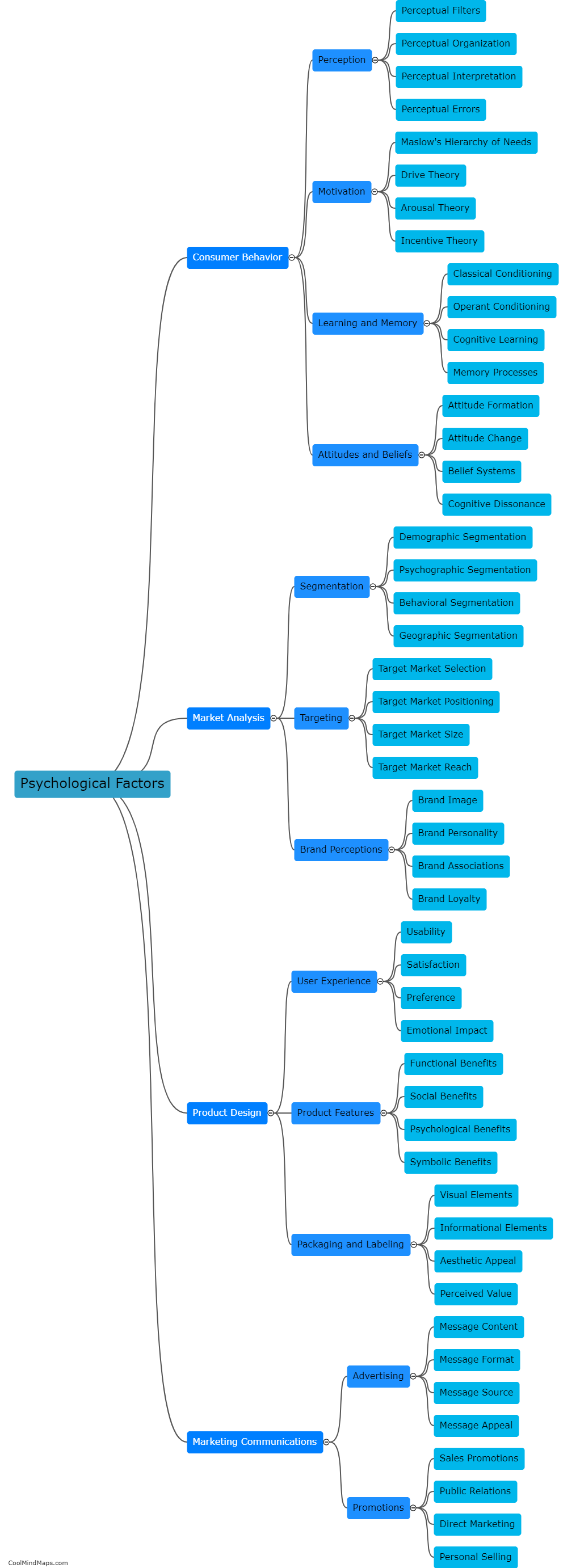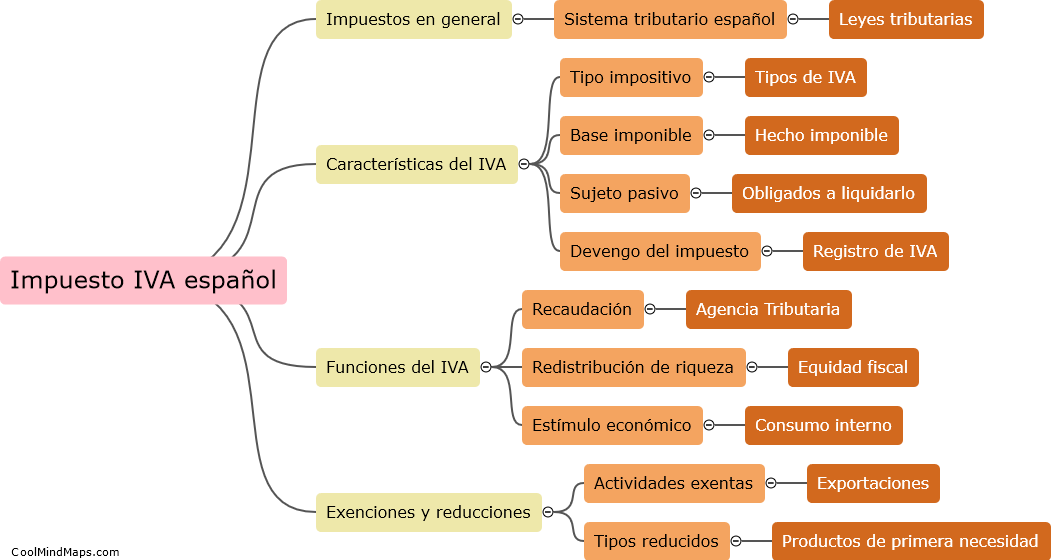What is drive motivation theory?
Drive motivation theory, also known as the drive-reduction theory, suggests that human behavior is motivated by basic physiological needs. According to this theory, when a person experiences a lack or deprivation of a certain physiological need, such as hunger or thirst, a state of tension is created, known as a drive. The individual is then motivated to engage in behaviors that will reduce or satisfy the specific drive and restore balance or homeostasis. For instance, if a person is hungry, they will feel a drive to eat, and the behavior of eating will fulfill the physiological need and reduce the drive. This theory emphasizes the role of internal drives and needs in shaping human behavior.
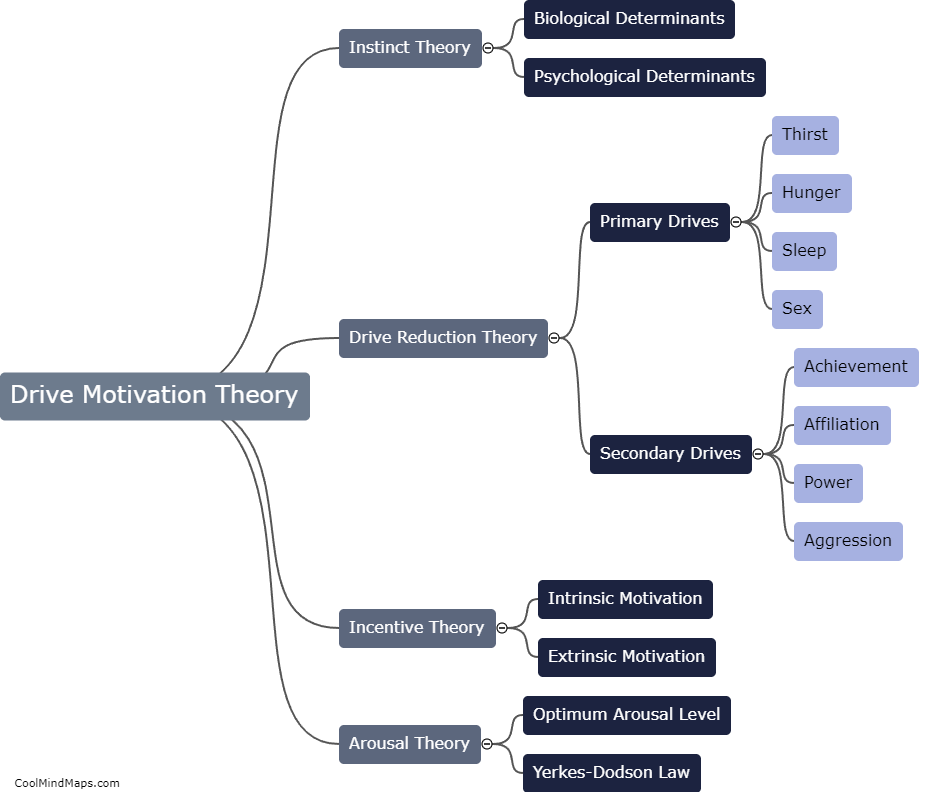
This mind map was published on 20 December 2023 and has been viewed 82 times.

